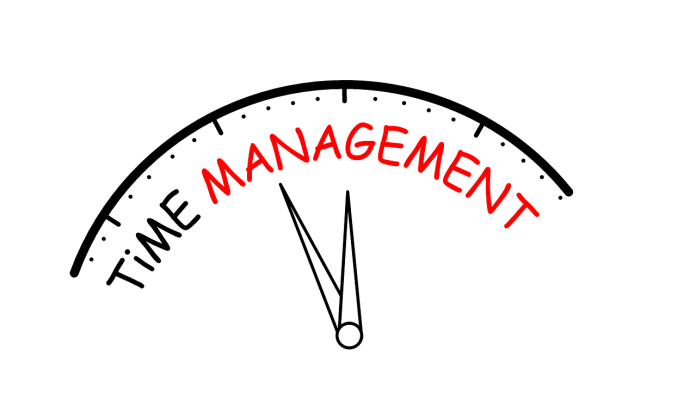1. Set Clear Goals
Start by setting clear, achievable goals for both the short and long term. Define what success looks like for you and prioritize tasks accordingly. Having a clear sense of direction will help you stay focused and make better use of your time.
2. Prioritize Tasks
Not all tasks are created equal. Learn to distinguish between urgent and important tasks and prioritize them accordingly. Use techniques like the Eisenhower Matrix to categorize tasks based on their urgency and importance, and tackle them in order of priority.
3. Use Time Blocking
Time blocking involves scheduling specific blocks of time for different tasks or activities throughout the day. This helps create structure and prevents distractions. Dedicate blocks of time to focused work, meetings, email correspondence, and breaks. Stick to your schedule as much as possible to optimize productivity.
4. Minimize Distractions
Identify common distractions in your work environment and take steps to minimize them. This may involve turning off notifications, setting boundaries with colleagues, or finding a quiet space to work. Limiting distractions allows you to stay focused and accomplish tasks more efficiently.
5. Delegate Tasks
Recognize when tasks can be delegated to others and don’t hesitate to ask for help when needed. Delegating tasks not only lightens your workload but also empowers team members and fosters collaboration. Trust your colleagues to handle tasks effectively, and focus your energy on high-priority activities.
6. Practice Time Management Techniques
Explore different time management techniques to find what works best for you. This may include the Pomodoro Technique, where you work in short bursts followed by brief breaks, or the 2-Minute Rule, where you tackle tasks that can be completed in two minutes or less immediately. Experiment with different techniques to find the ones that suit your working style.
7. Learn to Say No
As a busy professional, it’s essential to learn to say no to tasks or commitments that don’t align with your goals or priorities. Be selective about the projects you take on and focus your energy on those that will have the greatest impact. Saying no can be empowering and allows you to allocate your time and resources more effectively.
Conclusion
Effective time management is a critical skill for busy professionals looking to achieve their goals and maintain a healthy work-life balance. By setting clear goals, prioritizing tasks, using time blocking, minimizing distractions, delegating tasks, practicing time management techniques, and learning to say no, professionals can maximize productivity and make the most of their time.

